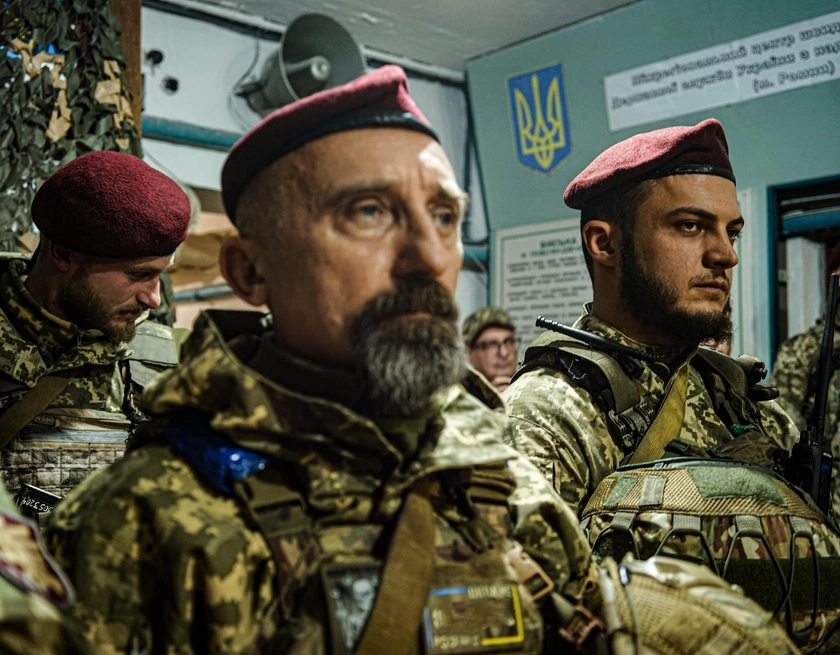Russian forces used FPV drones equipped with night vision cameras to attack civilian buildings in Nikopol in the Dnipropetrovsk region on Tuesday, according to reports.
Yevhen Yevtushenko, the head of the district military administration, said although such weapons have already been used against Ukrainian troops, it was the first time they had been used against people living in the area.
JOIN US ON TELEGRAM
Follow our coverage of the war on the @Kyivpost_official.
"The evening UAV attack reveals that the Russians are using new drones with night vision cameras. Such drones have been used on the front for a long time, but this is the first instance in our region," he said in a post on Telegram.
Serhiy Lysak, the head of the Dnipropetrovsk regional military administration, added that the shelling in Nikopol resulted in damage to two private houses, an outbuilding, and a power line, with no reported casualties.
In late November, Sgt. Stepan Barna from the 10th Mountain Assault Brigade "Edelweiss" reported that Russians had initiated the use of night-vision kamikaze drones in the Donetsk direction.
A video that went viral in December depicted the Russian army striking Ukrainian troops at the front with nighttime FPV drones.
Military personnel interviewed by Kyiv Post esaid the deployment of such drones poses a significant challenge for the Ukrainian army.
The commander of the attack UAV unit, referred to as Nazar* (name changed for security reasons), spoke to Kyiv Post on the condition of anonymity, revealing that trial attacks using these drones are currently underway. According to him, the Russians use both light-sensitive cameras and more dangerous thermal cameras.

Norway Doubles Ukraine Aid to €7B
The Ukrainian military highlighted that the use of drones with these cameras presents a serious challenge because a significant amount of logistics, rotations, movements of personnel and equipment, pickups, and certain operations occur at night or in the "gray" period—when it is neither fully dark nor dawn.
"If an FPV with a thermal camera flies out at you, your chances are very slim. Silhouettes, people, and entrances to bunkers are much more visible at night. What can be disguised during the day is unmasked by heat at night," said Nazar.
You can also highlight the text and press Ctrl + Enter











